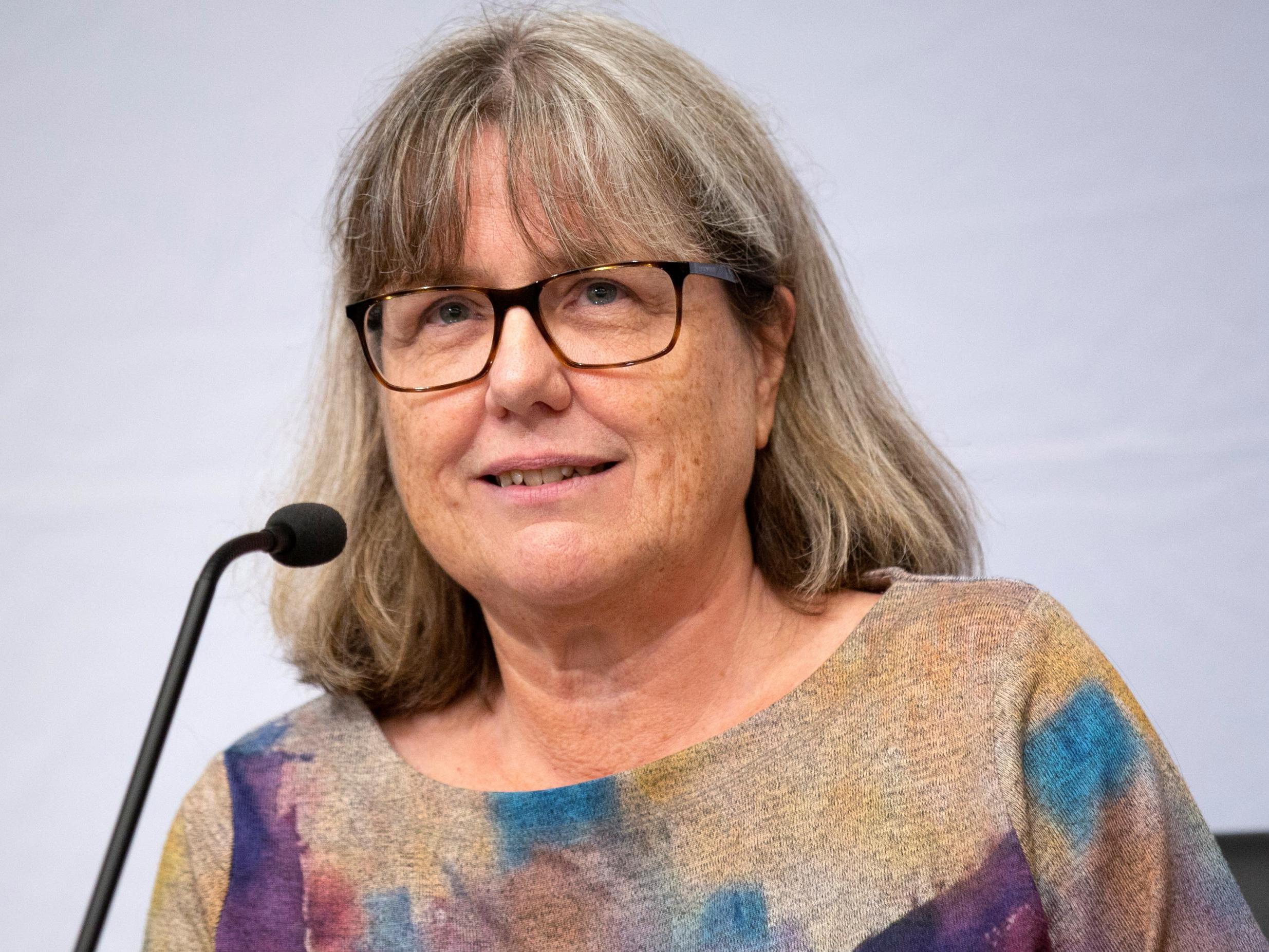Wikipedia criticised after it emerges female Nobel laureate had page rejected
‘She’s a woman doing what many still consider men’s work,’ scientist says

The Canadian scientist Donna Strickland is an associate professor of physics and astronomy at the University of Waterloo, a former president of the Optical Society and as of Tuesday, one of the winners of the 2018 Nobel Prize in Physics.
But until the hours after Ms Strickland’s win, the physicist did not have her own Wikipedia page as she was not considered significant enough.
When a Wikipedia user attempted to create a profile for the physicist in March, the request was denied.
“This submission’s references do not show that the subject qualifies for a Wikipedia article,” the website's moderators said at the time, according to Vox.
In the hours after the Nobel win Wikipedia's writers and editors scrambled to build a page for Ms Strickland, complete with sections on her published works and awards.
Ms Strickland shared her Nobel with fellow physicists Gérard Mourou and Arthur Ashkin for their groundbreaking work on the use of lasers.
Unlike Ms Strickland, Mr Mourou has had a Wikipedia page since 2005.
The website's actions have prompted criticism from the scientific community and reignited a debate about the obstacles that women face in the field.
According to WISE, an organisation dedicated to increasing the participation of women in science and technology, women make up only 23 per cent of people working in core STEM occupations in the UK.
"It's likely [Ms Strickland's] seminal contributions to science were not considered interesting enough because she's a woman doing what many still consider men's work," said Sabine Hossenfelder, a theoretical physicist at the Frankfurt Institute for Advanced Studies.
The criticism comes just days after a senior scientist at Cern was suspended for delivering a “highly offensive” presentation in which he claimed that “physics was invented and built by men”.
"There is still an awful lot to be done," said Clare Elwell, professor of Medical Physics at University College London.
"Both in terms of women promoting themselves and their work but also in making sure that the administrative burden of lifting women's voices through initiatives is not just put on other women."
"We need a collective approach to address the gender divide and diversity in the field. So we need to call on male colleagues as well. Obviously the comments at Cern were not at all helpful."
Ms Strickland is the first woman to be named a Nobel laureate since 2015. She is also only the third to have won the physics prize.
Join our commenting forum
Join thought-provoking conversations, follow other Independent readers and see their replies
Comments
Bookmark popover
Removed from bookmarks